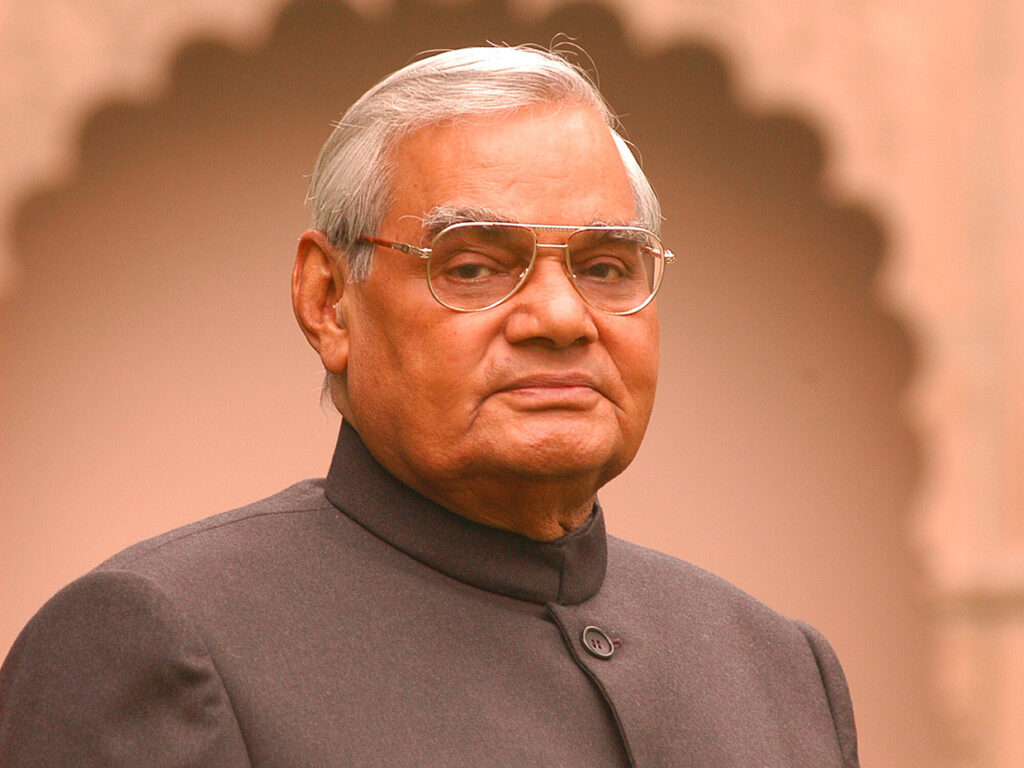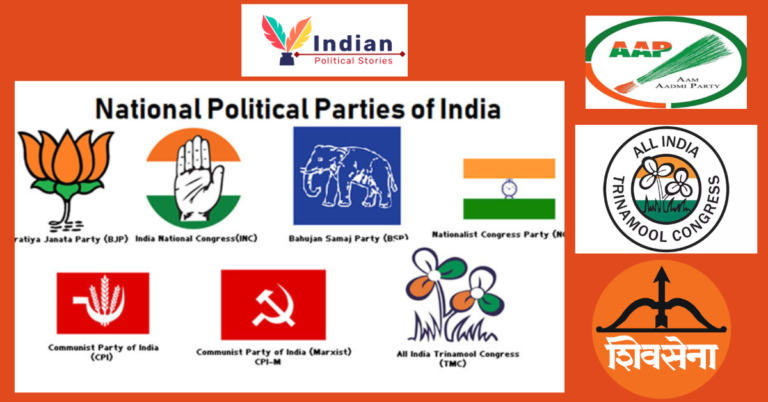Indian politics has been shaped by visionary leaders who have played pivotal roles in shaping the nation’s destiny. These leaders have left an indelible mark on the political landscape, championing various causes and ideologies. In this article, we explore the top 10 leaders in Indian politics who have left a lasting legacy through their leadership, vision, and impact on the nation.
Introduction: The Role of Leaders in Indian Politics
Indian politics is a vibrant tapestry of ideologies, movements, and leaders who have steered the country’s course. Leaders in Indian politics have emerged from diverse backgrounds, ranging from freedom fighters and social activists to seasoned politicians and grassroots organizers. They have been instrumental in driving social change, economic progress, and political transformation, shaping the destiny of the nation.
1. Mahatma Gandhi: The Father of the Nation
Mahatma Gandhi, fondly referred to as the Father of the Nation, led India’s struggle for independence through non-violent means. His philosophy of Satyagraha and principles of truth, non-violence, and civil disobedience inspired millions and laid the foundation for a free and democratic India. Gandhi’s leadership and unwavering commitment to justice and equality continue to inspire leaders worldwide.
2. Jawaharlal Nehru: Architect of Modern India
Jawaharlal Nehru, India’s first Prime Minister, played a pivotal role in shaping modern India. Nehru’s visionary leadership focused on industrialization, scientific advancement, and social welfare. His policies laid the foundation for a mixed economy, a secular and democratic society, and the establishment of institutions such as the Indian Institutes of Technology and the Indian Space Research Organisation.
3. Indira Gandhi: Iron Lady of India
Indira Gandhi, the first female Prime Minister of India, was a dynamic and influential leader. Her leadership during the Green Revolution, nationalization of banks, and the successful liberation of Bangladesh earned her widespread acclaim. However, her tenure was not without controversy, marked by the imposition of emergency rule and political challenges. Indira Gandhi’s leadership style and political acumen continue to leave a lasting impact on Indian politics.
4. Atal Bihari Vajpayee: Statesman and Orator

Atal Bihari Vajpayee, a statesman and powerful orator, served as India’s Prime Minister three times. Vajpayee’s leadership saw India’s emergence as a nuclear power and focused on infrastructure development, economic reforms, and strengthening foreign relations. He was known for his inclusive approach and ability to garner support across party lines, fostering stability and progress in the country.
5. Dr. B.R. Ambedkar: Architect of the Indian Constitution
Dr. B.R. Ambedkar, an eminent jurist, social reformer, and the chief architect of the Indian Constitution, played a pivotal role in fighting against social discrimination and championing the rights of marginalized communities. Ambedkar’s leadership in framing the Constitution and advocating for social justice and equality remains an inspiration for leaders working towards a more inclusive society.
6. Lal Bahadur Shastri: Leader of Integrity
Lal Bahadur Shastri, the second Prime Minister of India, was known for his simplicity, integrity, and dedication to public service. His leadership during the Indo-Pakistani War of 1965 and the slogan “Jai Jawan, Jai Kisan” (Hail the Soldier, Hail the Farmer) encapsulated his commitment to both national security and rural development. Despite his short tenure, Shastri’s leadership continues to be revered as a shining example of moral uprightness.
7. Rajiv Gandhi: Champion of Technology and Youth Empowerment
Rajiv Gandhi, India’s youngest Prime Minister, spearheaded technological advancements and initiated reforms to modernize the country. His leadership saw the introduction of computerization and the promotion of youth empowerment through initiatives such as the National Literacy Mission and the establishment of the Jawahar Navodaya Vidyalayas. Gandhi’s tragic assassination cut short his leadership, but his contributions to modernizing India’s infrastructure and empowering the youth remain noteworthy.
8. Narendra Modi: Transformational Leader
Narendra Modi, the current Prime Minister of India, has made a significant impact on Indian politics. Known for his charismatic leadership and dynamic governance style, Modi has focused on economic reforms, infrastructure development, and social welfare programs such as the Swachh Bharat Abhiyan and the Pradhan Mantri Jan Dhan Yojana. His emphasis on digital India and international diplomacy has positioned India on the global stage.
9. Arvind Kejriwal: Champion of Anti-Corruption Movement
Arvind Kejriwal, the Chief Minister of Delhi and founder of the Aam Aadmi Party, emerged as a prominent leader through the anti-corruption movement. Kejriwal’s leadership has focused on delivering welfare programs, improving education and healthcare, and providing affordable utilities to the common people. His innovative approach to governance and commitment to participatory democracy have garnered attention and support.
10. Mamata Banerjee: Firebrand Leader and Icon of Resilience
Mamata Banerjee, the Chief Minister of West Bengal, has established herself as a firebrand leader and an icon of resilience. Banerjee’s leadership has centered around championing the cause of the marginalized, empowering women, and advocating for regional autonomy. Her recent victory in the West Bengal assembly elections further solidified her position as a prominent leader in Indian politics.
Conclusion
Indian politics has witnessed the rise of several exceptional leaders who have left an indelible mark on the nation’s history and future. From Mahatma Gandhi’s non-violent struggle for independence to Narendra Modi’s transformative governance, each leader has contributed to shaping India’s political, social, and economic landscape. The top 10 leaders mentioned in this article have demonstrated visionary leadership, dedication to public service, and the ability to inspire and unite the nation. Their contributions continue to guide and influence the future of Indian politics.
FAQs
FAQ 1: Who is considered the Father of the Nation in India?
Mahatma Gandhi is considered the Father of the Nation in India. His leadership during the independence movement and his principles of non-violence and truth continue to inspire generations.
FAQ 2: Who is the current Prime Minister of India?
As of the time of writing this article, the current Prime Minister of India is Narendra Modi.
FAQ 3: Which leader initiated the Green Revolution in India?
The Green Revolution in India was initiated during the leadership of Prime Minister Indira Gandhi. It aimed to increase agricultural productivity through the introduction of high-yielding varieties of crops and modern farming techniques.
FAQ 4: What is the significance of the slogan “Jai Jawan, Jai Kisan”?
The slogan “Jai Jawan, Jai Kisan” was coined by Prime Minister Lal Bahadur Shastri during the Indo-Pakistani War of 1965. It expressed the nation’s appreciation for the soldiers defending the country and the farmers who contribute to its food security.
FAQ 5: Which leader played a key role in framing the Indian Constitution?
Dr. B.R. Ambedkar, an eminent jurist and social reformer, played a crucial role in framing the Indian Constitution. His leadership and vision for social justice and equality influenced the constitution’s provisions.




Leave a Comment